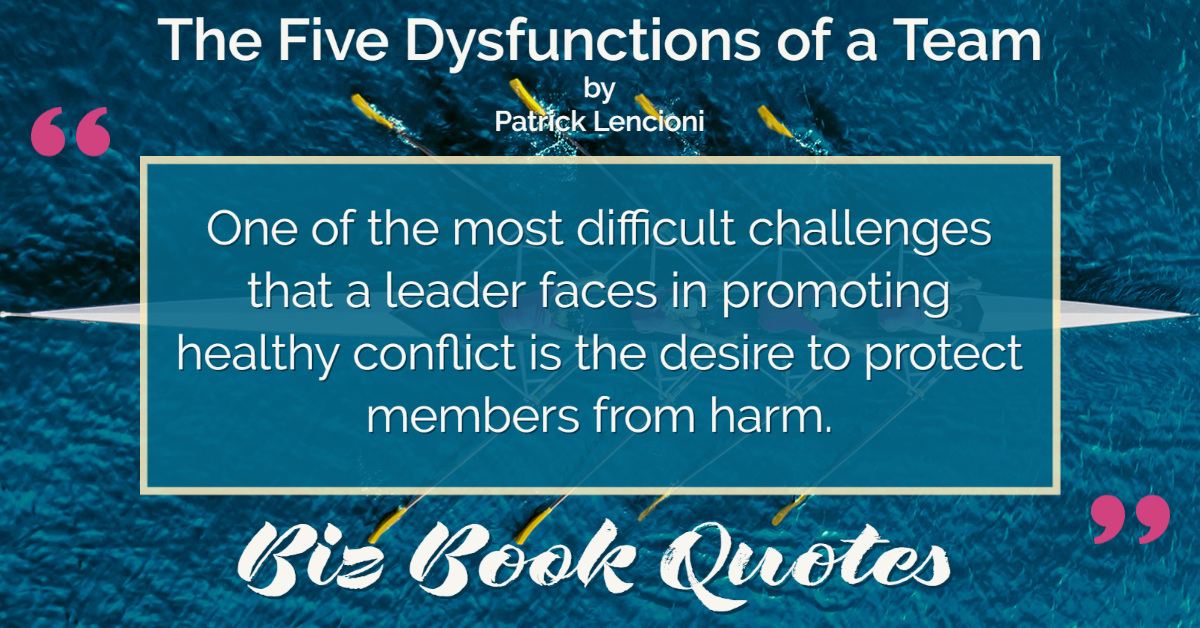 |
One of the most difficult challenges that a leader faces in promoting healthy conflict is the desire to protect members from harm.
|
206 |
 |
…the challenge of rethinking assumptions is surprisingly common – maybe even common to all humans.
|
7 |
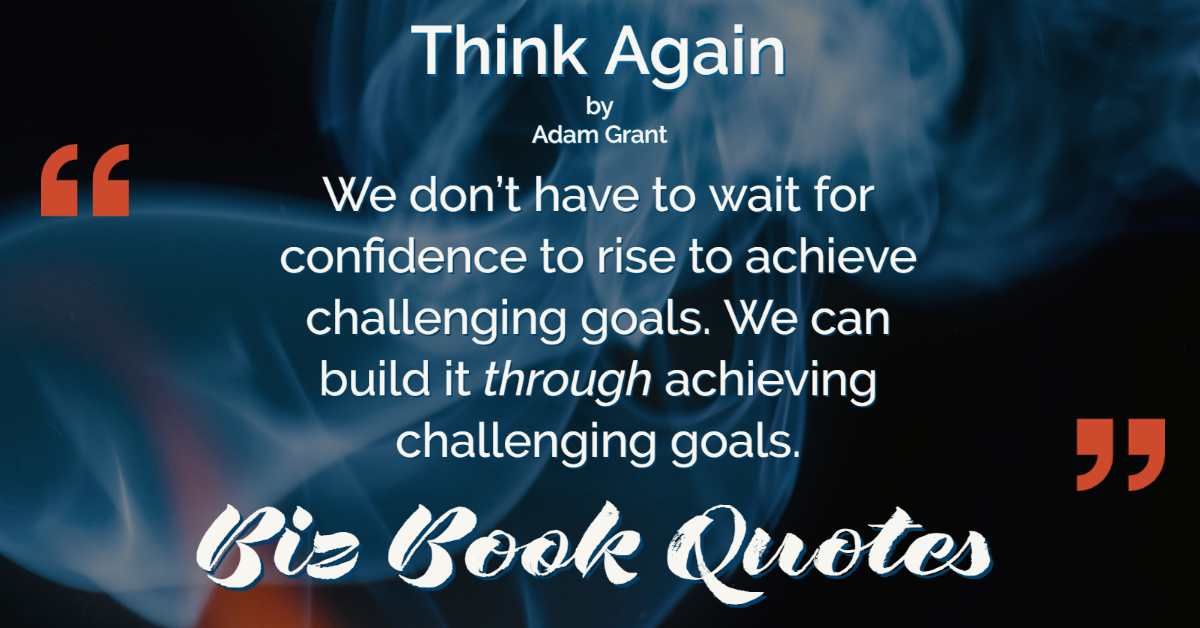 |
We don’t have to wait for confidence to rise to achieve challenging goals. We can build it through achieving challenging goals.
|
53 |
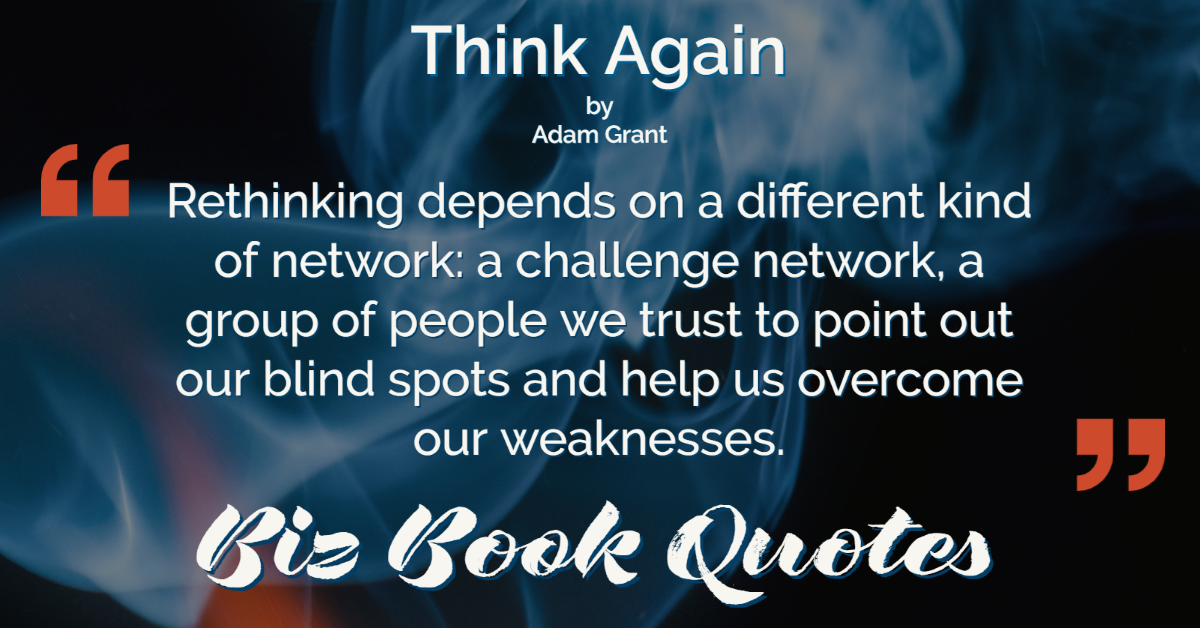 |
Rethinking depends on a different kind of network: a challenge network, a group of people we trust to point out our blind spots and help us overcome our weaknesses.
|
83 |
 |
The ideal members of a challenge network are disagreeable, because they’re fearless about questioning the way things have always been done and holding us accountable for thinking again.
|
83 |
 |
Disagreeable givers often make the best critics: their intent is to elevate the work, not feed their own egos. They don’t criticize because they’re insecure; they challenge because they care. They dish out tough love.
|
87 |
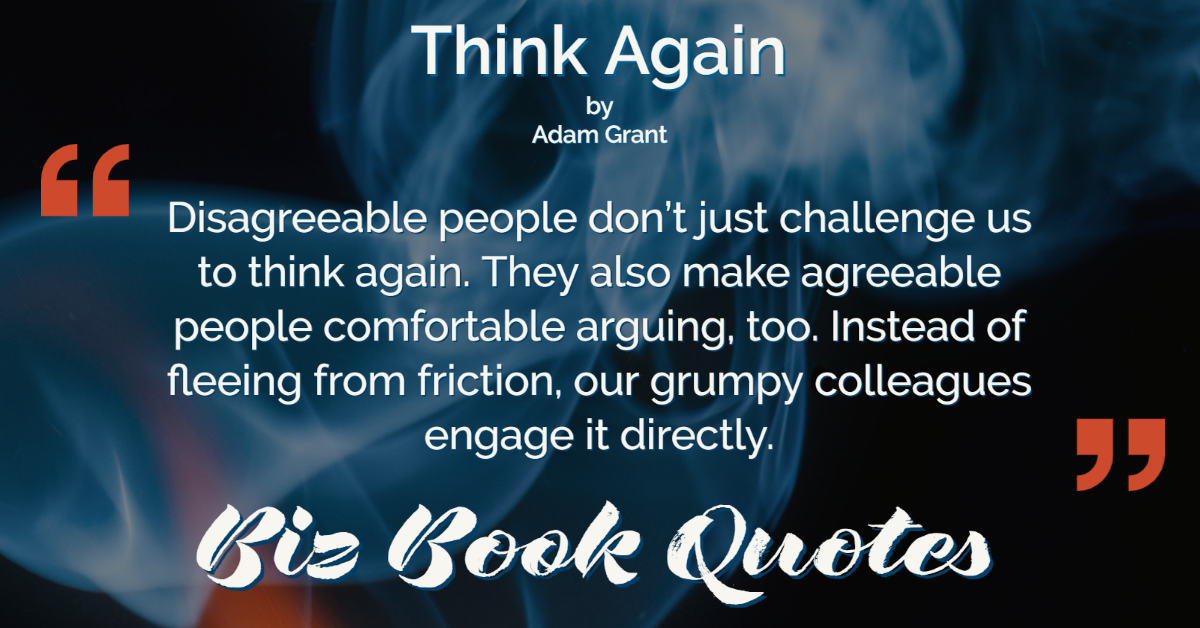 |
Disagreeable people don’t just challenge us to think again. They also make agreeable people comfortable arguing, too. Instead of fleeing from friction, our grumpy colleagues engage it directly.
|
90 |
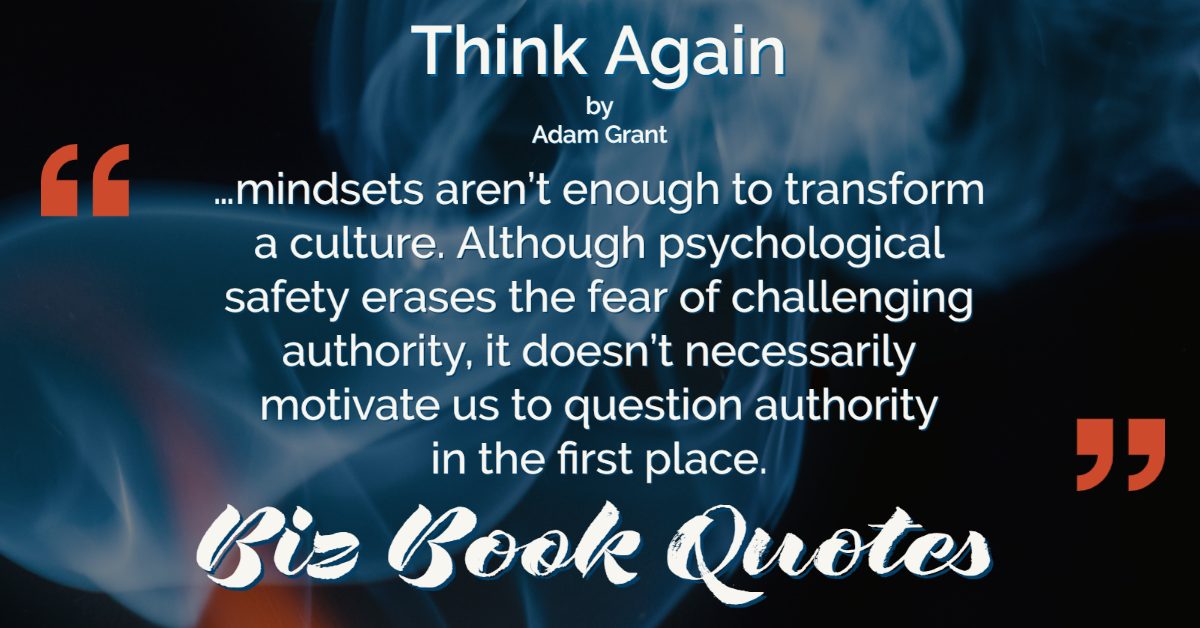 |
…mindsets aren’t enough to transform a culture. Although psychological safety erases the fear of challenging authority, it doesn’t necessarily motivate us to question authority in the first place.
|
215 |
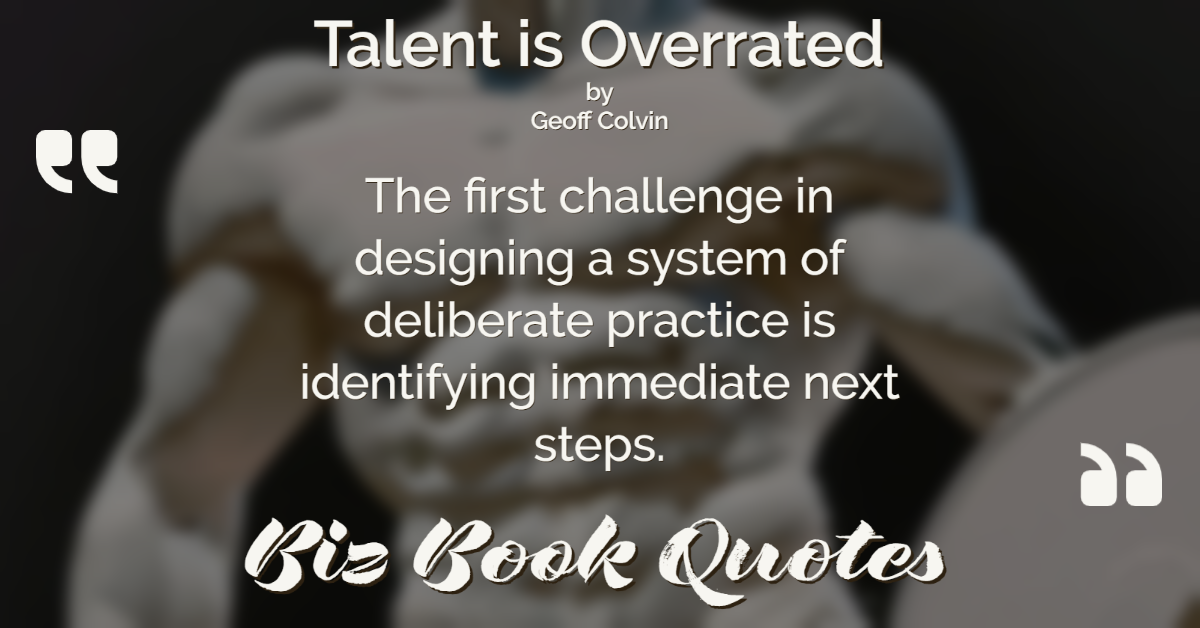 |
The first challenge in designing a system of deliberate practice is identifying immediate next steps.
|
109 |
 |
Executives consistently report that their hardest experiences, the stretches that most challenged them, were the most helpful.
|
129 |